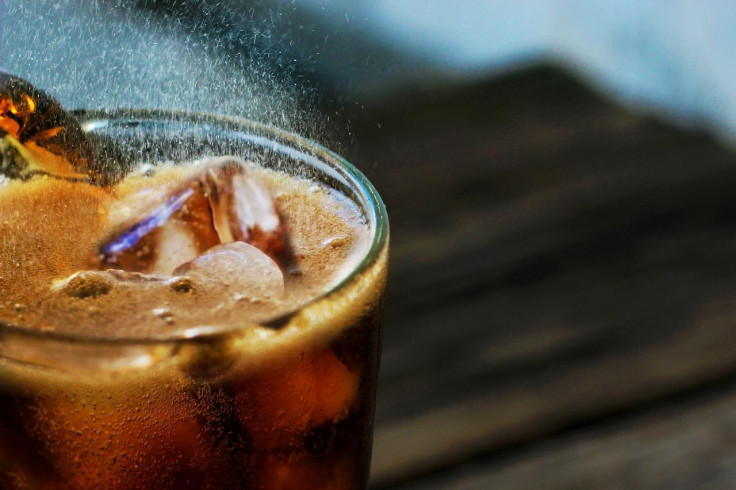Choose Your Drink Wisely: Why People With Diabetes Should Skip Sugar-Sweetened Beverages
KEY POINTS
- High intake of sugar-sweetened drinks is linked to higher all-cause mortality in adults with type 2 diabetes
- Replacing sugar-sweetened drinks with others had an inverse association
- "People with diabetes should be picky about how they keep themselves hydrate," says study lead Qi Sun
High intake of sugar-sweetened drinks may be associated with higher mortality risk among people with type 2 diabetes, while other drinks may lower it, a new study has found.
People may not think much about what they drink as it is often an accompaniment to their food or snacks. But the beverages we consume also have a significant impact on our health. This includes the millions of people with type 2 diabetes.
"The risk of cardiovascular disease (CVD), other morbidities, and premature death is particularly increased in adults with type 2 diabetes," researchers wrote in their study, which was published Wednesday in The BMJ (British Medical Journal). "To date, the association of individual beverage consumption with risk of CVD and mortality among adults with type 2 diabetes remains largely unexplored."
For their study, the researchers looked at the intake of different types of beverages and their association with mortality and CVD outcomes in people with type 2 diabetes.
The participants included 9,252 women and 3,519 men who were diagnosed with type 2 diabetes. Researchers assessed the consumption of various drinks [sugar-sweetened beverages (SSB), artificially sweetened beverages (ASB), fruit juice, tea, coffee, low-fat and full-fat milk and plain water] using a questionnaire every two to four years. They looked at how often the participants consumed these drinks.
After analyzing 18.5 years of data, the findings didn't look all that good for SSBs, but were quite positive for the other types of drinks.
"Among adults with type 2 diabetes, higher intake of sugar-sweetened beverages (SSBs) was associated with higher all-cause mortality and incidence of cardiovascular disease, whereas intakes of coffee, tea, plain water, or low-fat milk were inversely associated with all-cause mortality," they wrote.
Every additional daily serving of an SSB was associated with 8% higher all-cause mortality, according to Harvard T.H. Chan School of Public Health (Harvard Chan School). But replacing a daily serving of SSB with drinks like coffee, tea, low-fat milk or plain water led to lower risks of all-cause and CVD mortality. Replacing SSBs with ASBs was also "significantly associated" with lower all-cause and CVD mortality.
"(G)reater increase in coffee consumption from before to after a diabetes diagnosis was significantly associated with lower mortality," the researchers added. "In addition, replacing SSBs or ASBs with coffee, tea, low-fat milk, or plain water was associated with lower all-cause mortality and CVD mortality."
Overall, the results of the study show how simply choosing one drink over another may actually impact people's health risks. As simple as it seems, opting for a healthier drink appears to have a rather important role in reducing CVD and premature death risks among those with type 2 diabetes.
"These findings help fill in that knowledge gap and may inform patients and their caregivers on diet and diabetes management," said study lead author Qi Sun. "People living with diabetes should be picky about how they keep themselves hydrated."

© Copyright IBTimes 2025. All rights reserved.






















